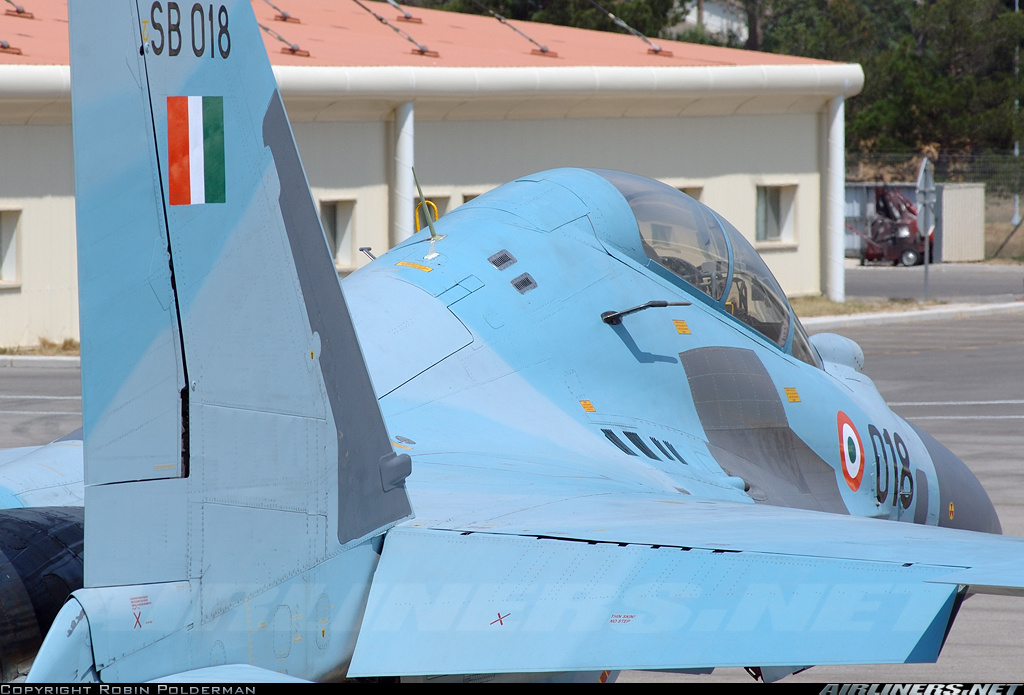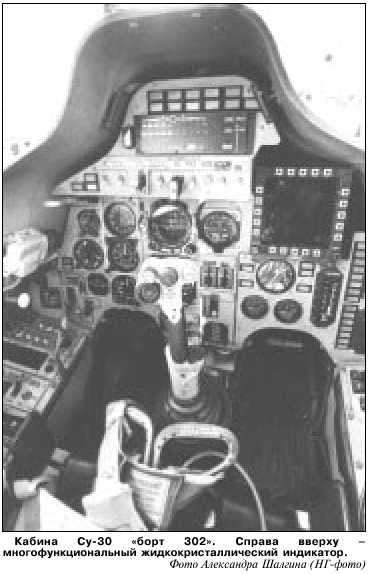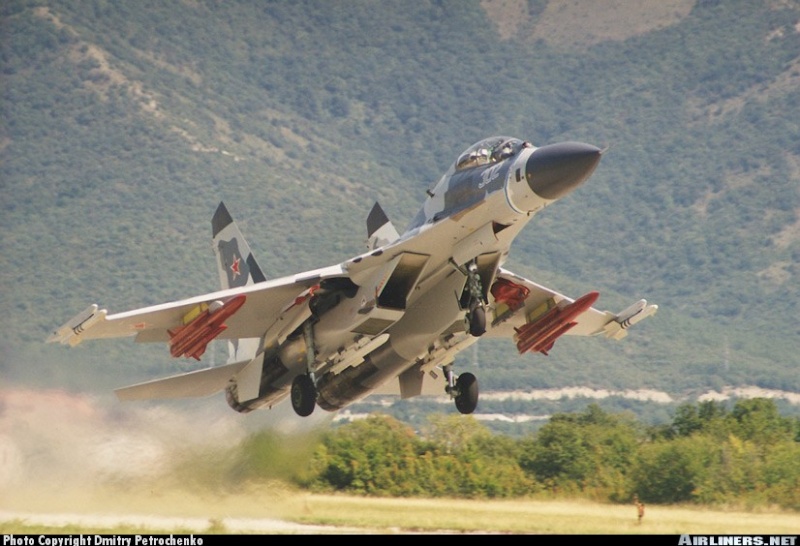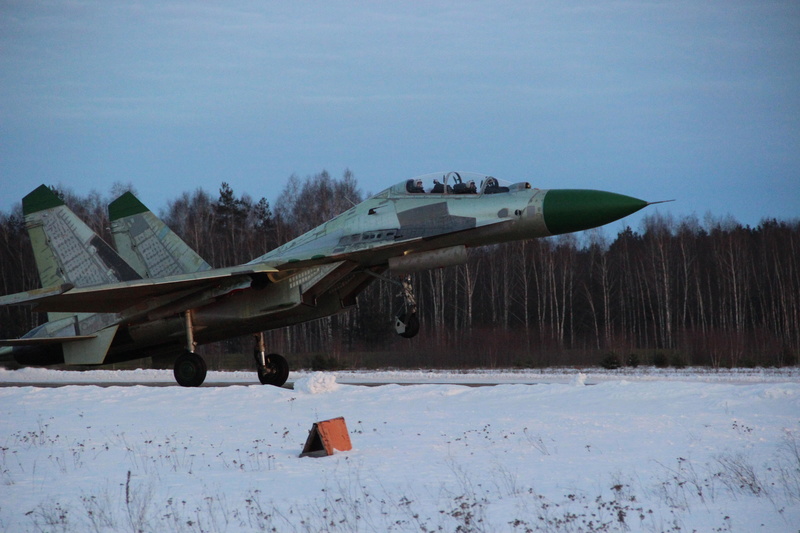Russia and Angola are negotiating the delivery of six Su-30K fighters As Aleksandra Djordjevic and Ivan Safronov write in the article "Better Longer, Yes More" published by Kommersant, Russia and Angola negotiate the purchase of six additional Su-30K fighters. If successful, Luanda will be able to increase its fleet, and Moscow - to get rid of aircraft built in fulfillment of the Indian contract in 1996-1998. There are also complications: back in 2013 Luanda contracted a squadron of such fighters, but still has not received a single one. Russian officials nevertheless insist that the contract is executed in accordance with the agreements.
The fact that Russian and Byelorussian specialists are searching for buyers for six Su-30K fighters stored in Belarus, a source in the aviation industry, told Kommersant. This was confirmed by the director of the 558th aircraft repair plant (ARZ) Pavel Pinigin, who arrived at the MAKS-2017 airshow (Zhukovsky). According to him, the search for a buyer is "just a matter of time" and "no significant problems arise": "Do not rush, and everything will be all right." In turn, sources of Kommersant in the field of military-technical cooperation (MTC) clarified that negotiations for the supply of six fighters are being conducted with Angola. Representatives of Rosoboronexport and the Federal Service for Military-Technical Cooperation refused to comment on Kommersant yesterday.

The history of these Su-30Ks began in 1996-1998. Then the Irkut corporation signed a contract for the delivery of the Su-30MKI fighter aircraft to India, but because of the need to prepare the capacity for the deployment of serial production of new aircraft, the customer was provided with simplified versions of the fighters with the obligation to replace them in the future. These obligations were fulfilled: simplified fighters were replaced with Su-30MKI, and in 2011 18 Indian-returned Su-30K were driven to 558th ARZ in Baranovichi, after which Rosoboronexport began searching for potential buyers for them.
The aircraft were offered to Byelorussia, Sudan, Vietnam (the factory was even visited by a military delegation from Hanoi), as well as Angola.
In October 2013, during the visit to Angola, Deputy Prime Minister Dmitry Rogozin signed a contract for the purchase of 12 Indian cars and related means of aviation defeat, which implied the issuance of a loan of $ 1 billion to the customer. According to Kommersant, VTB provided it. VTB told Kommersant that they were lending to the South African republic, but did not specify the purpose of issuing the funds: "VTB issued a loan of $ 1 billion to the Ministry of Finance of Angola. The financing was provided for general purposes."
It was assumed that Angola would receive the machines as soon as possible (they had to be repaired and upgraded to the Su-30KN level), but in 2015 the Air Force commander General Francisco Afonso specified that the fighters will be delivered by 2017. As of January 2017, no aircraft Angola has not received. At the same time, Dmitriy Shugaev, director of the FSMTC, commenting on the situation with the Su-30K, said: "The implementation of the contract for the supply of aircraft to Angola continues in accordance with the agreements signed by the parties."
According to Andrey Frolov, editor-in-chief of the magazine Export of Arms, Andrei Suvorov, there are enough problems with the Su-30K: first of all, the technical issue is acute, because "the Angolans might have additional requirements": "To bring the used aircraft to the standard condition, Development work ". According to the interlocutor of Kommersant in the aviation industry, negotiations with Angola are at an early stage, and in addition to purchasing six more Su-30Ks of the Indian party, it will need to abandon a number of armaments for which they were given a loan. Deputy Director of the Center for Analysis of Strategies and Technologies Konstantin Makienko believes that it is still only Angola that can claim six more Su-30Ks, since no one else has such a modification in service.
Attempts by Russia to gain a foothold in the arms market of Angola have been undertaken repeatedly and linked directly to the defense budget of the country (in 2013 it amounted to a record $ 6.1 billion, becoming one of the largest in the whole of Africa). According to the national development plan of Angola for 2013-2017, the number of priorities in the field of defense and security is the creation of military-industrial capacities capable of meeting the basic needs of the armed forces of the country. These requirements are understandable, says a source in the military technical cooperation system, but it is extremely difficult to technically localize the production of complex weapons at the capacities of Angolan enterprises, which will take considerable time.
http://bmpd.livejournal.com/2741309.html











